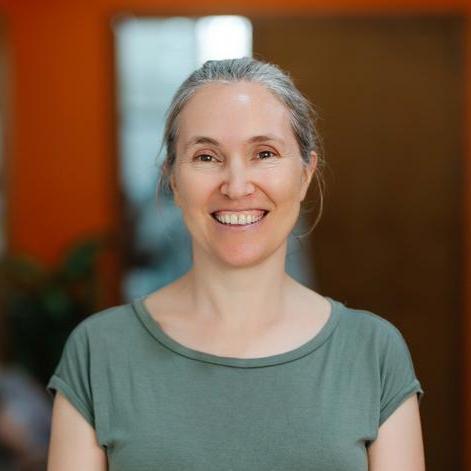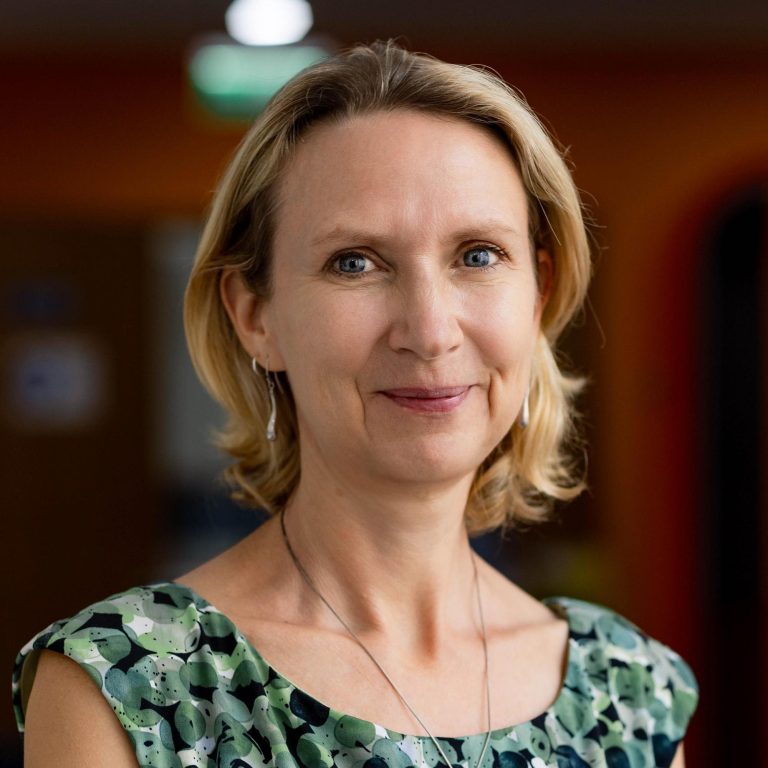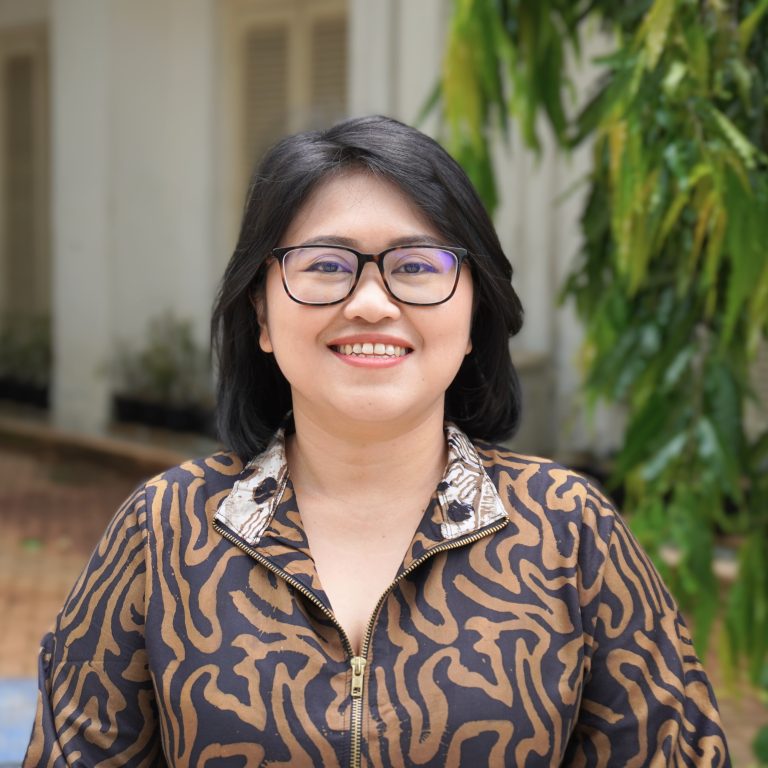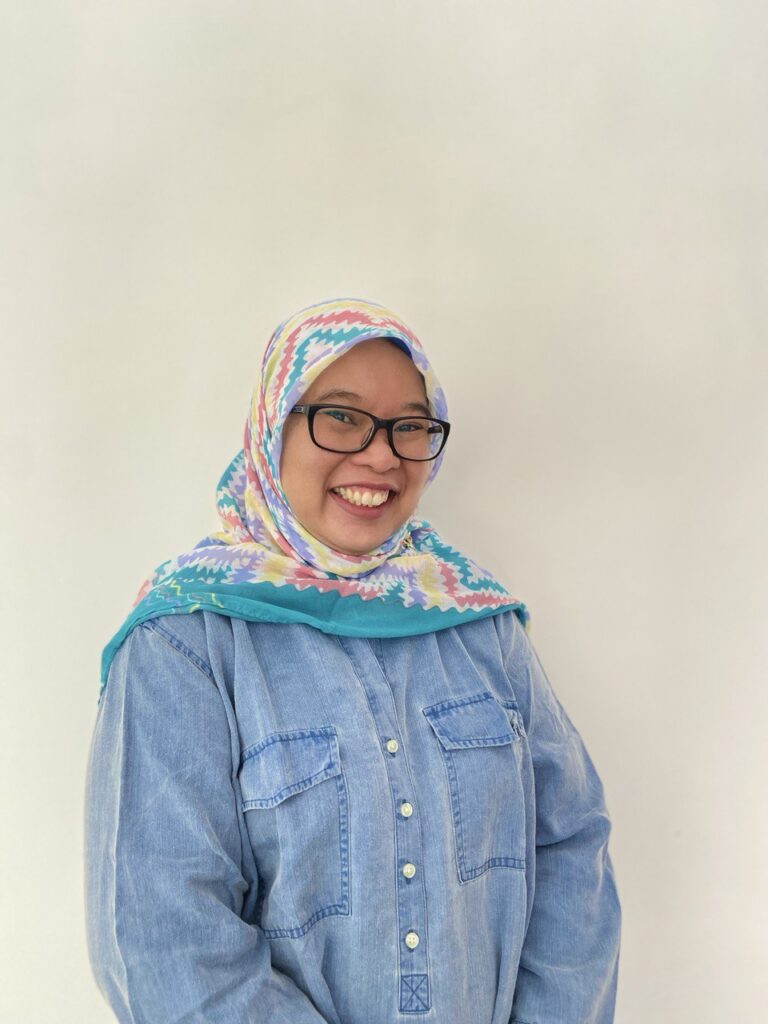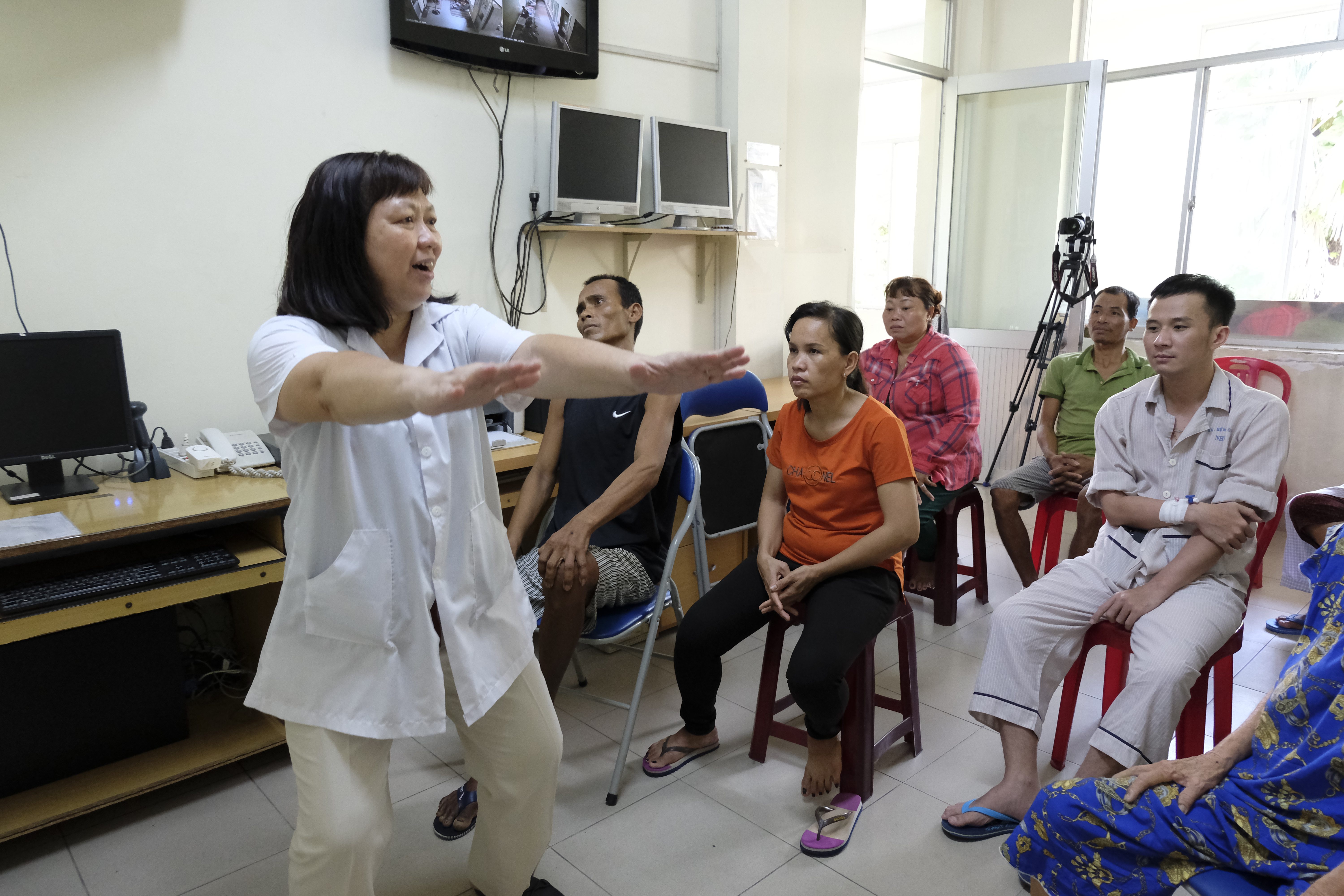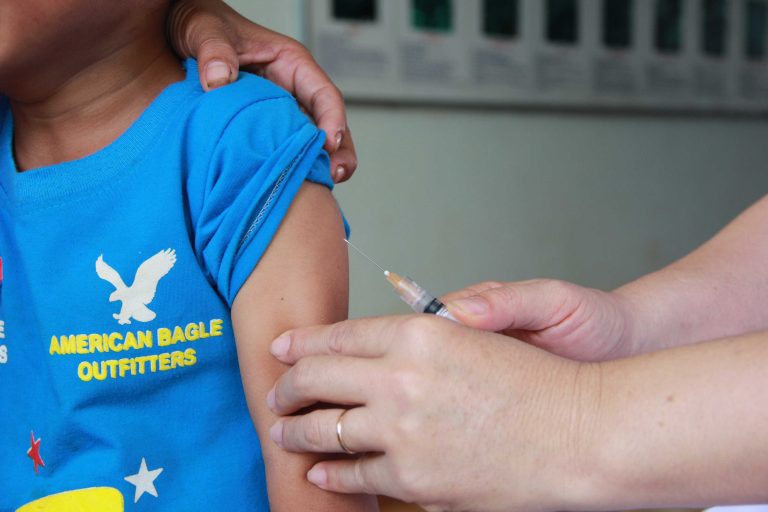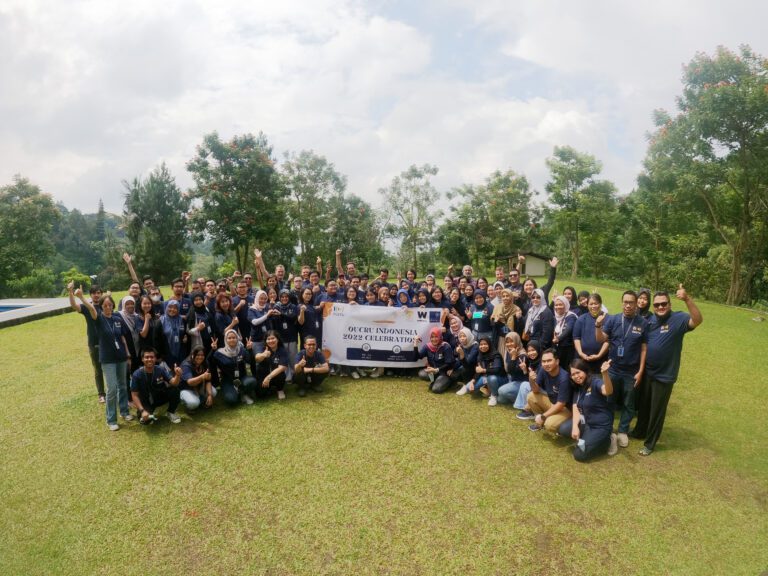Collaborators:
- Medical Science Division, University of Oxford (Study Sponsor)
- Wellcome through Dalberg (Presentation Sponsor)
- Faculty of Art and Design, Bandung Institute of Technology (Local Collaborator)
Interested in collaborating on public and community engagement in health research?
Reach us at PCE_Indonesia@oucru.org to explore partnership and other opportunities.
Indonesia, located on the Pacific Ring of Fire, is highly vulnerable to natural disasters such as earthquakes, tsunamis, and others. Many Indonesians see these events as unavoidable natural facts, which shape how they understand climate change: outside of human control. This misconception can prevent communities from being aware and acknowledging how human actions—like pollution and deforestation—contribute to environmental changes and how those changes can impact human health.
In 2024, a project across Indonesia, Vietnam, and Nepal aims to explore how communities perceive and experience the links between climate change and health. The project team quickly learned that such complex topics can be challenging for the community to communicate through words, regardless of their experience and struggle.
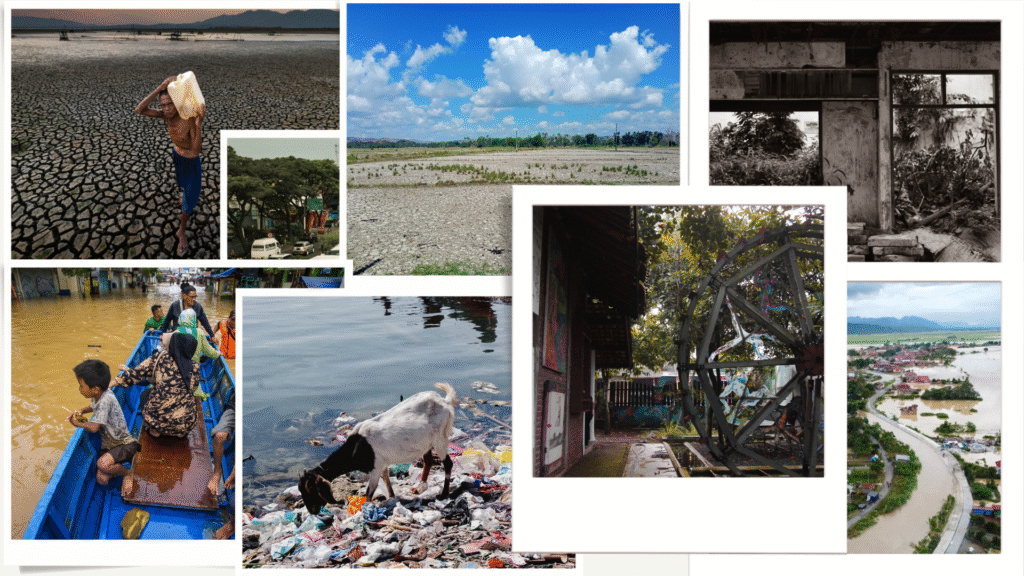
Photovoice as a creative tool to explore the experience of climate change and its effects on health
In 2024, a project across Indonesia, Vietnam, and Nepal aims to explore how communities perceive and experience the links between climate change and health. The project team quickly learned that such complex topics can be challenging for the community to communicate through words, regardless of their experience and struggle.

Participatory Visual Methods (PVM) workshop for art students at Bandung Institute of Technology
Over six months, we worked with 45 students and community members across Indonesia and gathered more than 70 visual stories—hundreds of photographs—that reveal their real-life experiences, showing how they see their world changes. Through those everyday photos, issues often invisible in official reports—like worsening air and water quality, rising food insecurity, and the spread of disease, were exposed. Heat stress, difficulties in finding safe food and clean water, and illness spreading are among the aspects that community members reveal about how climate change impacts their health. It makes the issue real and relatable—it’s not just a distant problem, it’s happening to real people in their daily lives.
Those visual stories are more than just everyday images – they are expressions of concern, confusion, and fear, but also resilience and hope.
The photovoice method has proven to be a powerful tool in raising awareness and helping both communities and scientists understand climate change in a deeper, more personal way. By giving people a voice through images, we can better understand their experiences and find new ways to support them in facing climate change.



